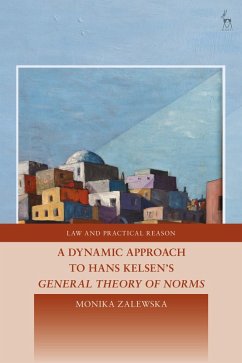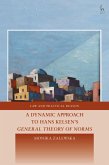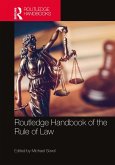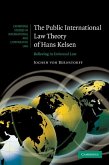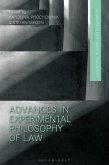This timely and compelling book delves into the dynamic interpretation of Hans Kelsen's General Theory of Norms through the lens of 21st-century jurisprudential debates.
Engaging with key contemporary philosophical concepts such as fictionalism in the philosophy of science, explanation and understanding, and supervenience, this book sheds new light on Kelsen's original ideas.
By offering a contemporary interpretation of his later work, it re-examines classic concepts known from the 'Pure Theory of Law' like the basic norm, the separation of 'is' and 'ought,' validity and efficacy, imputation, and the concept of the legal norm. Integrating modern philosophy with Kelsen's lasting ideas, this book presents a novel theoretical landscape, inviting readers to explore fresh perspectives on Kelsen's contributions to legal theory and emphasising its enduring relevance.
Engaging with key contemporary philosophical concepts such as fictionalism in the philosophy of science, explanation and understanding, and supervenience, this book sheds new light on Kelsen's original ideas.
By offering a contemporary interpretation of his later work, it re-examines classic concepts known from the 'Pure Theory of Law' like the basic norm, the separation of 'is' and 'ought,' validity and efficacy, imputation, and the concept of the legal norm. Integrating modern philosophy with Kelsen's lasting ideas, this book presents a novel theoretical landscape, inviting readers to explore fresh perspectives on Kelsen's contributions to legal theory and emphasising its enduring relevance.

